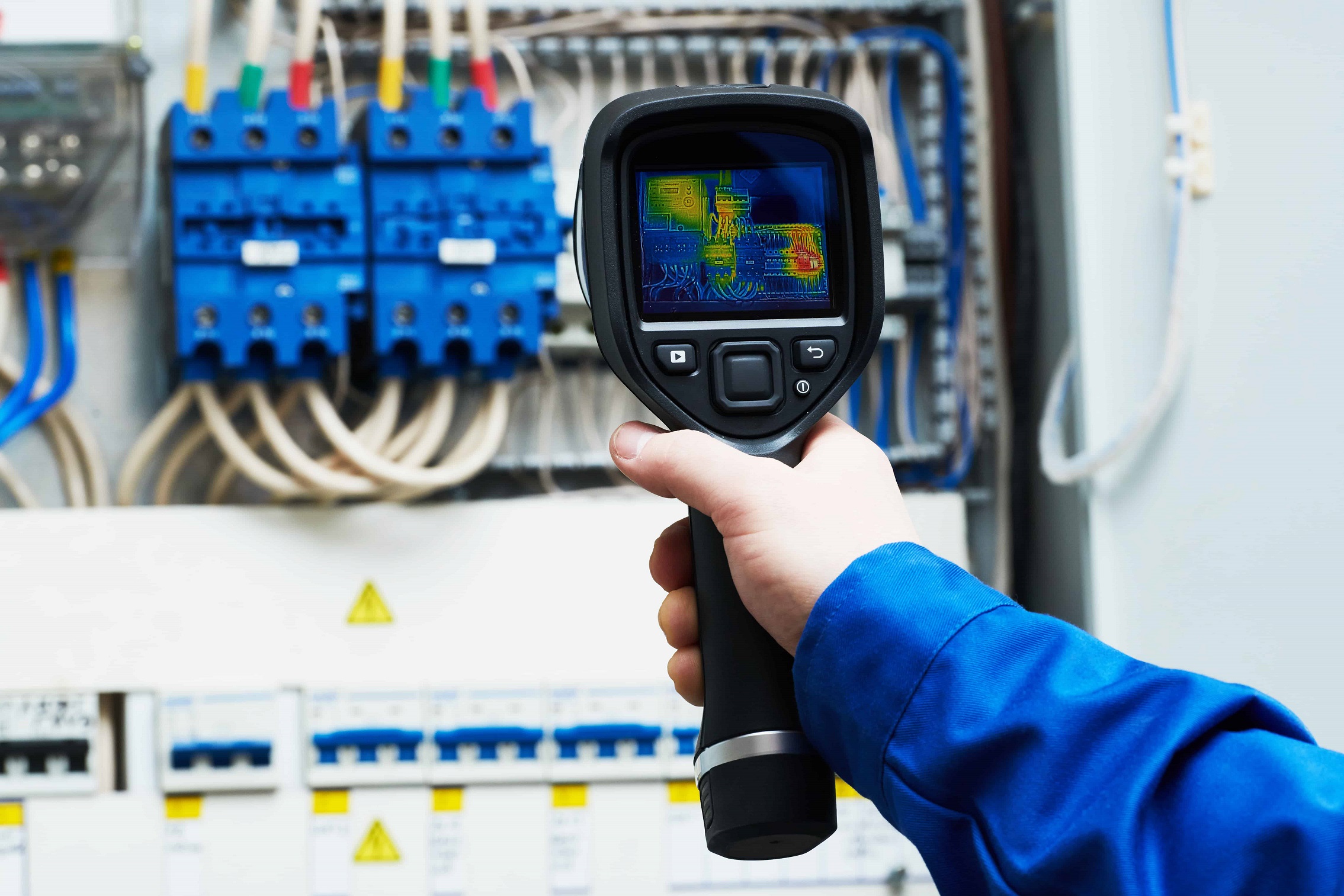Let’s delve into the significance of industrial electrical equipment and how it fuels industrial progress. Industrial electrical equipment encompasses a wide range of machinery and devices designed specifically for industrial applications. These include power distribution systems, motors, generators, transformers, control panels, switches, and much more. These components form the intricate network that powers heavy machinery, controls complex processes, and facilitates automation. One of the primary functions of industrial electrical equipment is to ensure the safe and reliable distribution of electricity throughout industrial facilities. Power distribution systems, such as switchgear and circuit breakers, help regulate the flow of electrical energy, protecting both the equipment and personnel from potential hazards. By providing a stable and controlled power supply, these systems prevent costly disruptions and downtime in industrial operations. Industrial motors and generators are another essential aspect of this equipment. Motors are responsible for driving machinery and equipment, ranging from conveyor belts and assembly lines to pumps and compressors.
Generators, on the other hand, produce electricity in remote locations or during power outages, ensuring uninterrupted production processes. These devices deliver the necessary power and torque to keep industrial operations running efficiently and maintain high levels of productivity. Moreover, industrial electrical equipment enables automation and control systems, revolutionizing the way industries function. Programmable Logic Controllers (PLCs), sensors, and human-machine interfaces (HMIs) work together to monitor and regulate various processes, enhancing precision, accuracy, and operational efficiency. These automation systems help reduce human error, improve product quality, and optimize resource utilization, leading to significant cost savings for industrial enterprises. Another crucial aspect of industrial electrical equipment is its role in sustainable practices. With the increasing focus on environmental conservation, industries are striving to minimize their carbon footprint and adopt clean energy sources. Industrial electrical equipment, such as solar panels, wind turbines, and energy-efficient devices, helps companies transition towards greener operations. By harnessing renewable energy and implementing energy-saving measures, industrial sectors can contribute to a more sustainable future.
Furthermore, the advent of advanced technologies, such as the Industrial Internet of Things (IIoT) and artificial intelligence, is transforming the industrial landscape. Industrial electrical equipment is at the forefront of this digital revolution, facilitating the integration of smart systems and real-time data analytics. This enables predictive maintenance, remote monitoring, and optimization of industrial processes, leading to increased productivity, reduced downtime, and improved decision-making. In conclusion, industrial electrical equipment forms the backbone of industries worldwide, providing the necessary power, control, and automation for smooth operations. Its role in ensuring safe and reliable power distribution, driving machinery, enabling https://dailysiemens.vn/ automation, and promoting sustainability cannot be overstated. As industries continue to evolve, embracing technological advancements and sustainable practices, the significance of industrial electrical equipment will only grow, fueling innovation, productivity, and economic growth.” In today’s rapidly evolving world, the manufacturing industry is witnessing a significant transformation, thanks to the advent of industrial electrical equipment. These innovative technologies have revolutionized the way manufacturing processes are carried out, enhancing efficiency, productivity, and overall profitability.

